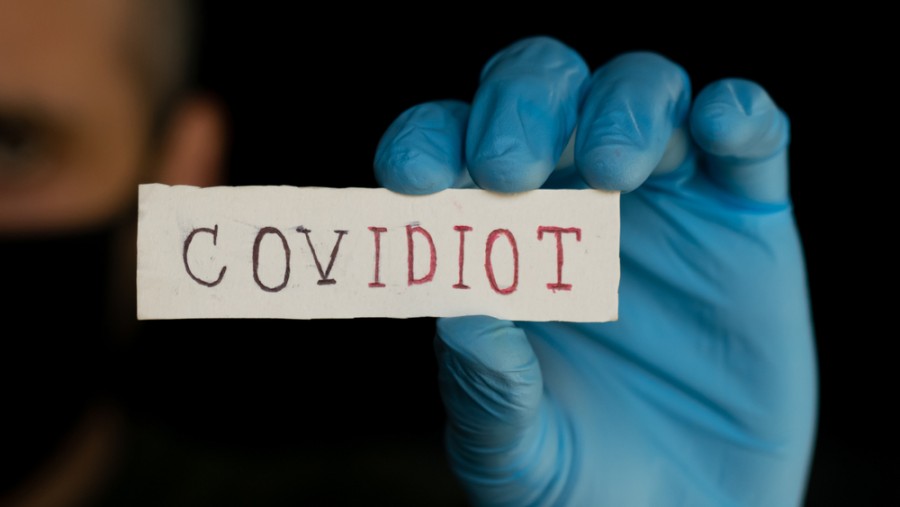Now is different than before. How long will now last? Is now here to stay? Till Puja? Or Diwali? Or Christmas and beyond? Did we think now would be like this? A world in which we would have to learn a whole new range of skill sets. A whole new way of living. An unfamiliar now. That’s taught us new ways to do things. New ways to work. New ways to communicate. New ways to even grieve. New techniques to master. New words to learn.
How many of these seven terms were you familiar with before March 2020?
1. N95 mask: N95 face masks are used to protect the wearer from airborne particles. The ‘N’ stands for ‘not resistant to oil’ and the mask is used for oil-free atmospheres. It has a high filtration efficiency of 95 per cent or more.
On a casual stroll down Park Street two days in a row, earlier this week, here is what anecdotal evidence suggested: 65 per cent of people were wearing masks properly, about 25 per cent were wearing masks the wrong way, and 10 per cent were not even wearing masks. So, let’s all mask up.
2. Zoom: There are a few instances where the brand name comes to define the brand category. Today Google is synonymous with searching online, Xerox is more commonly used than the actual word, which is photocopy, and Velcro has come to mean any adhering or fastening product.
Zoom, a video conferencing application, is the latest brand to become a verb. From classroom teaching to presentations, job interviews to birthday parties, it’s all happening over a zoom call.
3. Covidiot: Know someone who does not wear a mask in public? Who hoards food during the lockdown? Who does not maintain six feet distance in public?
That’s the description of a covidiot _ someone who goes against public health and safety advice amid the pandemic.
4. Migrant workers: I’ve always preferred to call them guest workers. They were given a raw deal when the Prime Minister called the 21-day lockdown at four-hour notice. Remember the tragic Aurangabad incident, earlier this year, that saw a goods train mow down 16 guest workers? They, like millions of others on highways, were walking to their villages and had collapsed on the railway tracks — too exhausted to hear the train coming. Visuals like these, of millions making the painful and horrific journey back to their homes thousands of kilometres away, have been the most haunting images of the COVID-19 pandemic in India. Many of us in the cities took their existence for granted. This crisis has woken us up to their importance and vulnerabilities. (So proud of how the migrant workers were handled in my home state.)
In the early days of the pandemic, I had the pleasure of speaking with economist Chinmay Tumbe, the author of ‘India Moving: A History of Migration’. His historical account of migration from, to and within India is an important read for anyone interested in understanding our country’s present demographic layout.
5. Social or physical distancing: In public health, social distancing means keeping at least 6 feet distance between yourself and others, to avoid the spread of the coronavirus. Many prefer using the phrase ‘physical distancing’. WHO and leading public health experts feel that ‘social distancing’ implies a sense of disconnection from friends and family. They instead use the phrase ‘physical distancing’ since the pandemic calls only for physical isolation, not social.
6. Infodemic: The COVID-19 virus has led not only to a pandemic but also to an infodemic – the spread of an excessive amount of information which is mostly incorrect. From fake cures like Bhabhiji papad to the ‘hold-your –breath-for-10-seconds challenge’, “WhatsApp university” floods the social media with misinformation about the virus.
7. Doomscrolling: This word, included by publishing house Merriam-Webster in their dictionary, refers to the tendency to continue to surf or scroll through bad news, even though the said news is saddening, disheartening, or depressing.
These are just seven of the many terms we have encountered in the new now. We were living our lives on a treadmill that never stopped. Till now came along and asked each one of us to pause. To think. To reflect.










